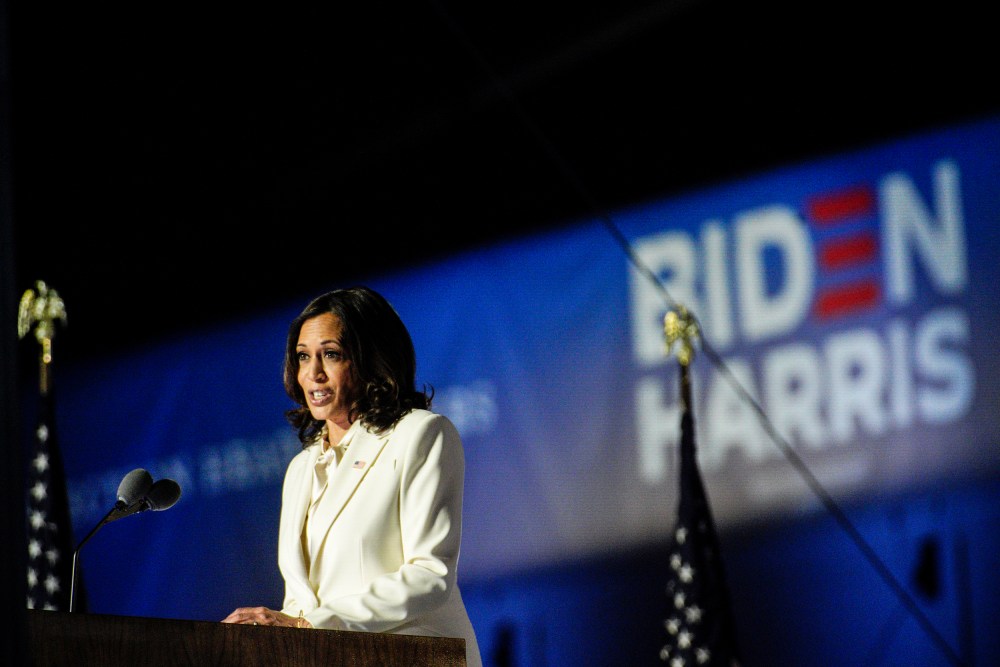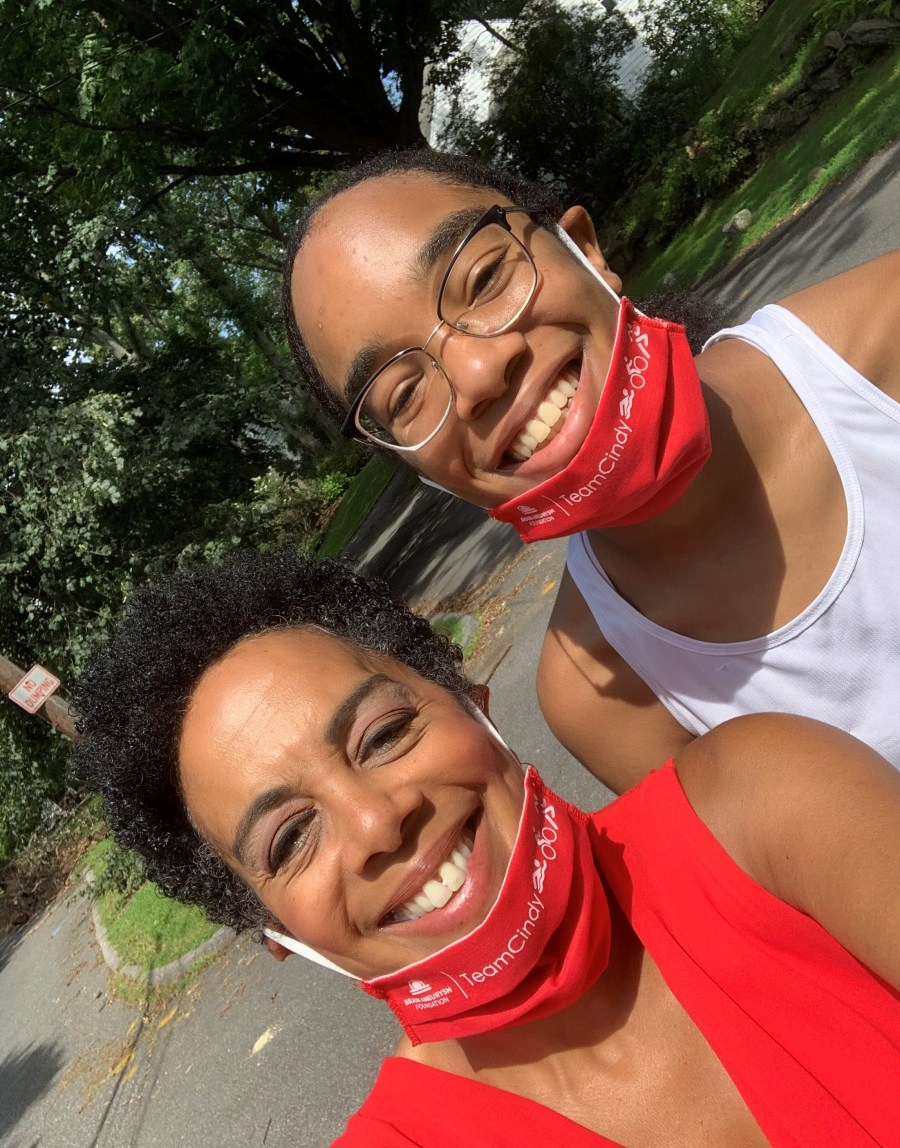The election of Sen. Kamala Harris as vice president of the United States means my daughter sees her future. Children, teens, young people, people of all ages can see that they have the possibility and a path to reach one of the highest levels of leadership in this country and change the world.
Harris will be the first woman, first Black person, first South Asian American to be elected U.S. vice president. Many people in this country see themselves in her – women, people of color, immigrants.
She is the daughter of Jamaican and Indian immigrants. She also brings an interfaith perspective to the White House, with a mix of her Christian faith and Hindu heritage and her husband’s Jewish heritage. She is a wife and a mother. She symbolizes how much we are all “one” in so many ways.
For many people of color and women who have been marginalized and wonder if they are welcome and if they belong, she shows them they definitely belong. This is our country. It is for all of us.
Kamala Harris brings many perspectives to this role that go far beyond the “firsts” that she’s attained in her legal and political career. Yet being first and showing outstanding capability and authority throughout her career is inspiring – as California’s first Black and Asian American attorney general, the first South Asian American woman and second Black woman elected to the U.S. Senate.
She also recognizes that there were many other women of color who helped pave the way for her to reach these heights – from Shirley Chisholm, the first Black woman elected to Congress, to Carol Mosley Braun, the first Black female U.S. senator to the women who founded her sorority.
The first sorority for Black college women, Alpha Kappa Alpha Sorority Inc., was founded in 1908 by women at her alma mater Howard University, a historically Black college. In addition to her family, she applauds and reminds us of a historical legacy of “firsts” that also helped her reach her goals.
What I found most interesting in discussions with many people about this historical achievement – the first Black woman elected vice president of the United States – was the reaction of my 15 year-old daughter.












